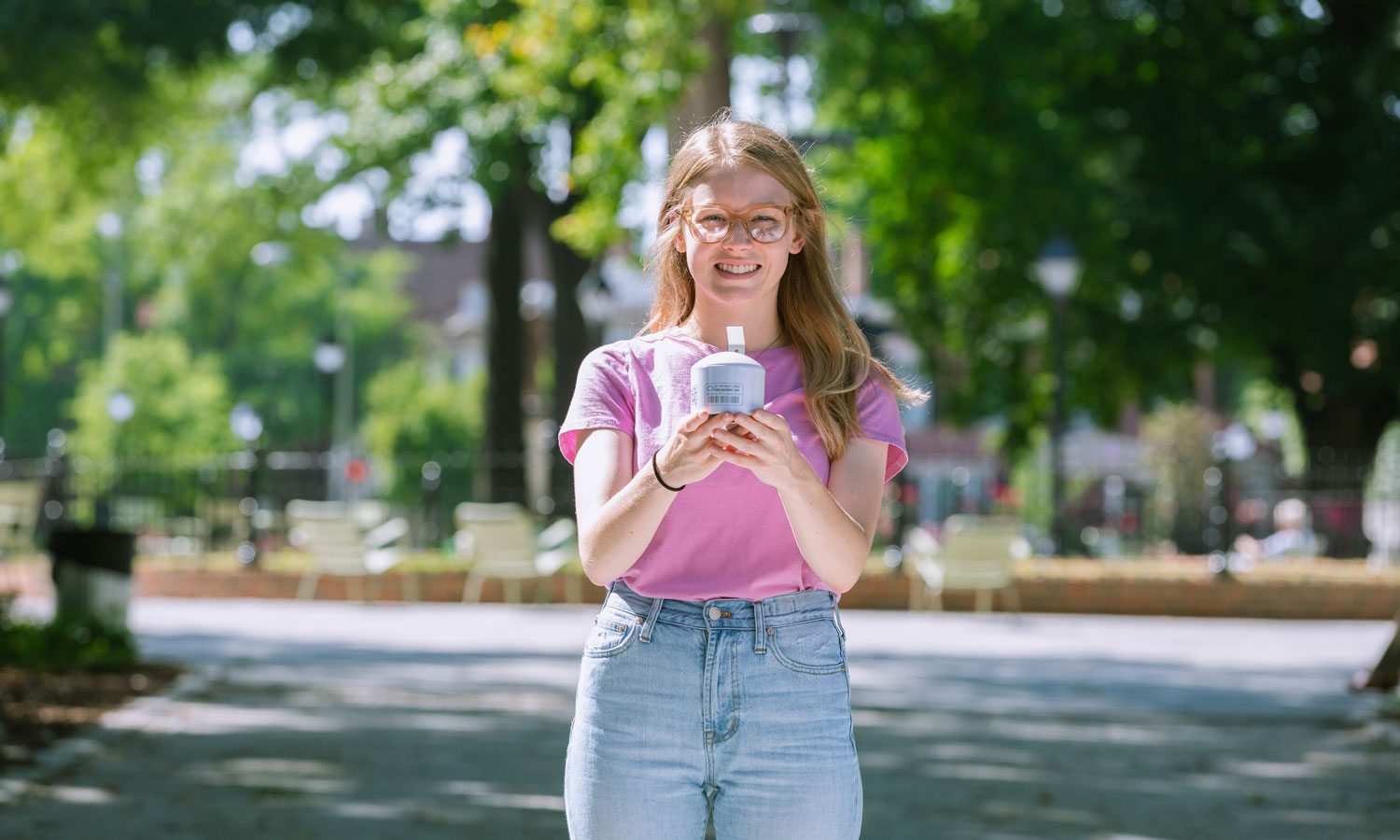A Virginia Commonwealth University collaboration with Science Museum of Virginia and city partners on an award-winning mapping project in the summer of 2017 has developed into a three-year effort to improve air quality in Richmond, Virginia.
Stephen Fong, Ph.D., professor in the Department of Chemical and Life Science Engineering in the VCU College of Engineering, leads a Vertically Integrated Project (VIP) student team that seeks to identify and address urban environmental problems.
His students joined forces with the museum, other universities and community groups to gather data to study the urban heat island effect two years ago. The groups later began placing devices to measure air quality at specific locations around the city, with support from the VCU Division of Community Engagement.
Recently, the Science Museum of Virginia was awarded a nearly $250,000 grant from the federal Institute of Museum and Library Services (IMLS) to lead volunteer citizen scientists to assess and guide improvements to air quality around the city, including in the Scott’s Addition area. Poor air quality impacts health, exacerbating allergy symptoms and asthma and contributing to diseases such as bronchitis and emphysema. The Virginia Department of Environmental Quality measures air quality just outside of the metro Richmond region, but no data are available for specific neighborhoods within the city.
As part of the newest initiative, volunteers will use handheld devices to measure pollutants. Fong said he and his students will continue to be involved. In the prestigious VIP consortium, early undergraduate students work with graduate students and faculty on complex, multidisciplinary research projects over several years.
Jeremy Hoffman, Ph.D., a climate and Earth scientist at the museum and grant co-principal investigator, said, “The funding of this important project is an example of how we can all work together — at the local, regional, state and federal level — to improve the livability of our city and health of our neighbors.”
Hoffman and Fong began working together after Hoffman heard about VCU students building a green wall, or a vertical living garden, in downtown Richmond.
Their map of Richmond’s heat wave danger zones, which they shared with Richmond’s Office of Sustainability, found that temperatures vary as much as 16 degrees every day at different locations in the city. Fong won an international 2019 Smart 50 Award for community engagement for the mapping project from Smart Cities Connect.
“Richmond is a great place because there's a lot of people that really care about a lot of these issues,” Fong said. “The level of collective activity and contributions just continues to increase, which is awesome.”
